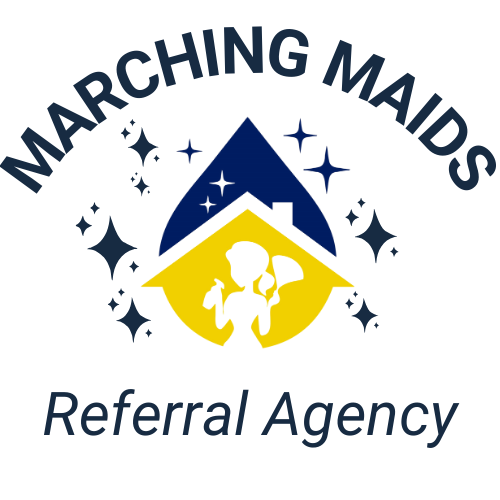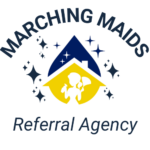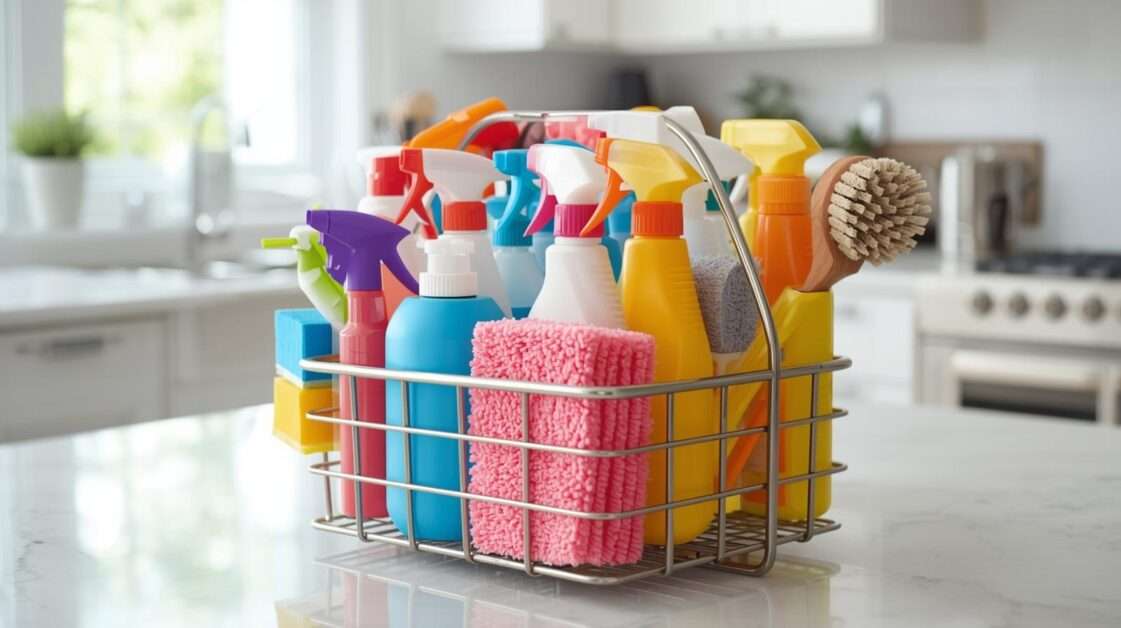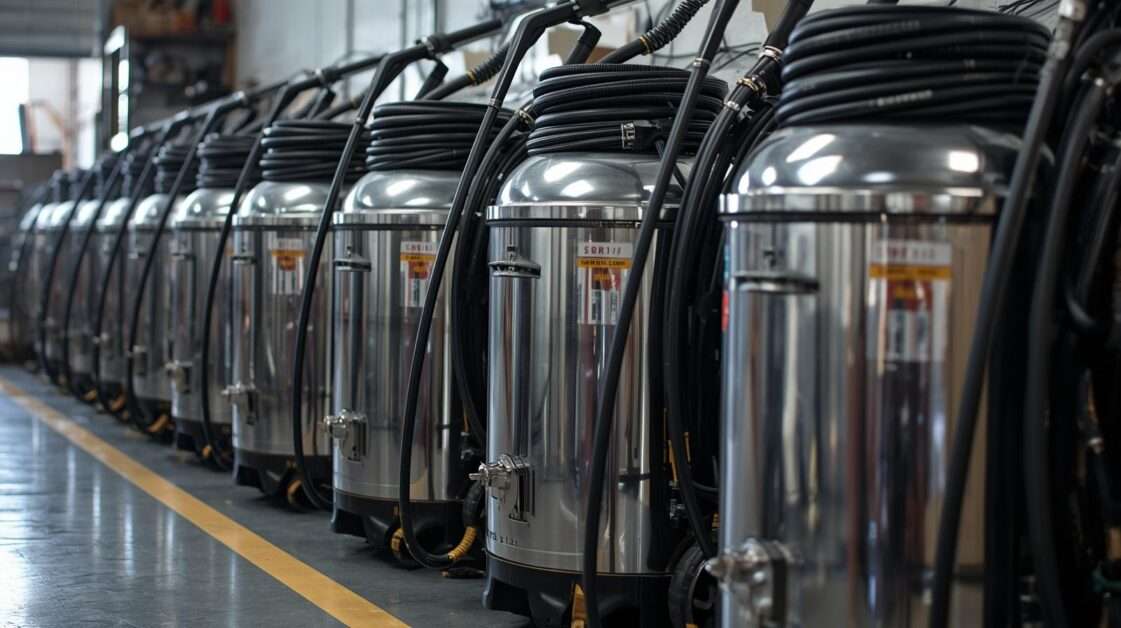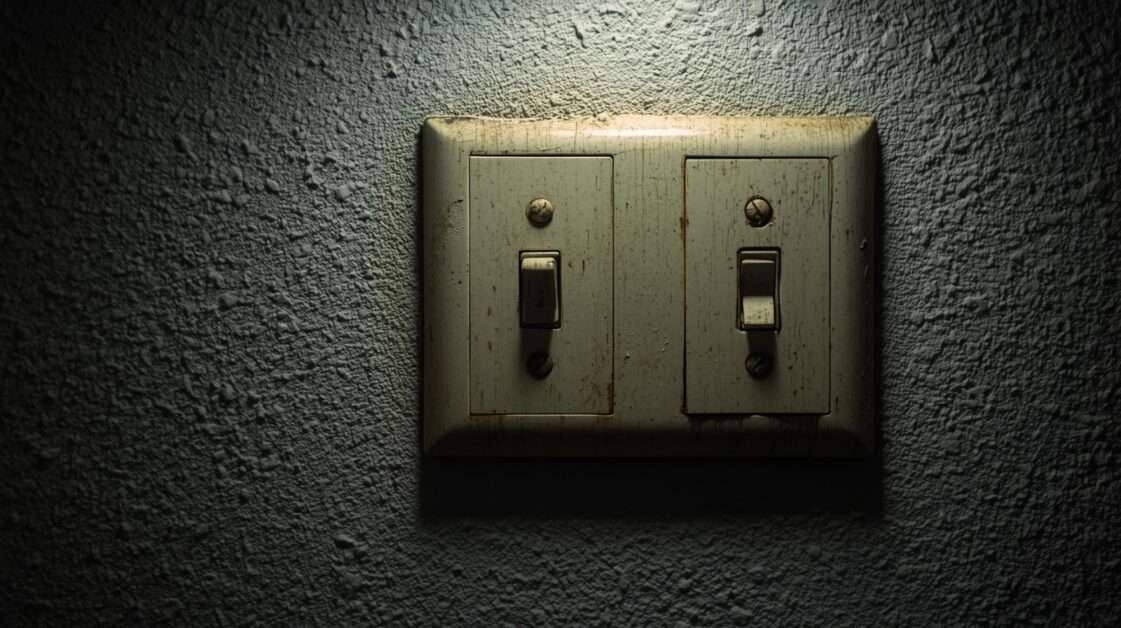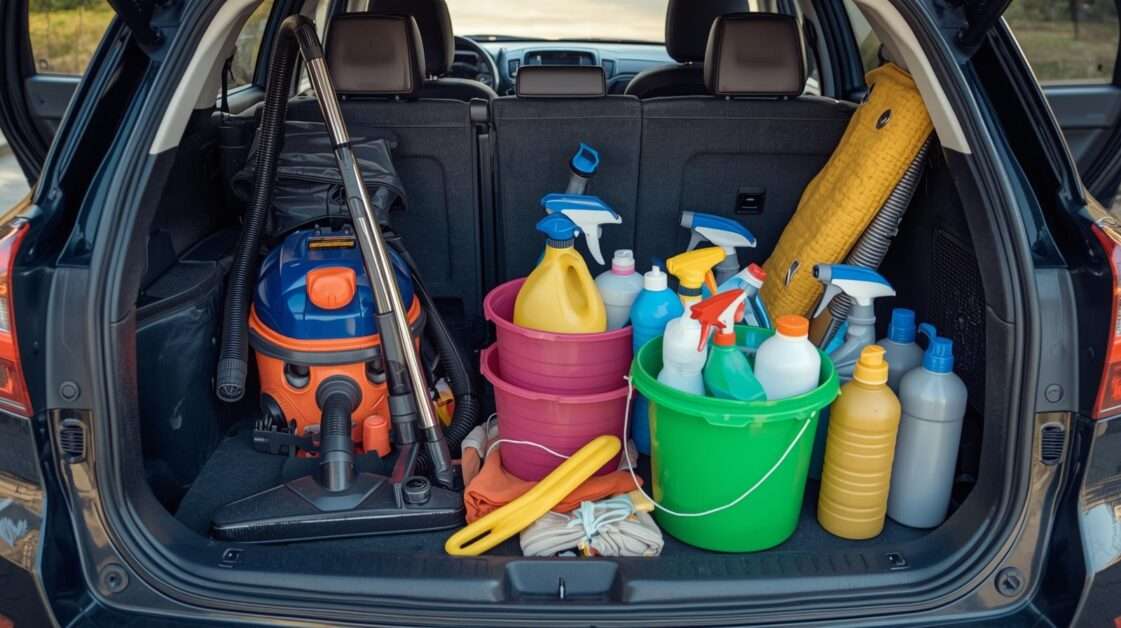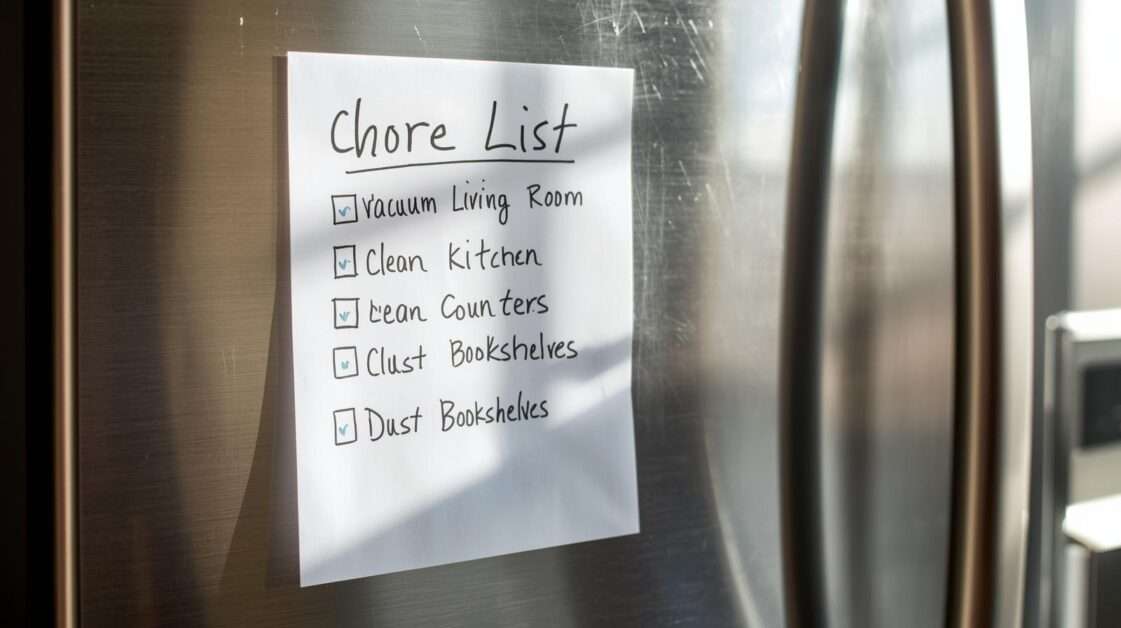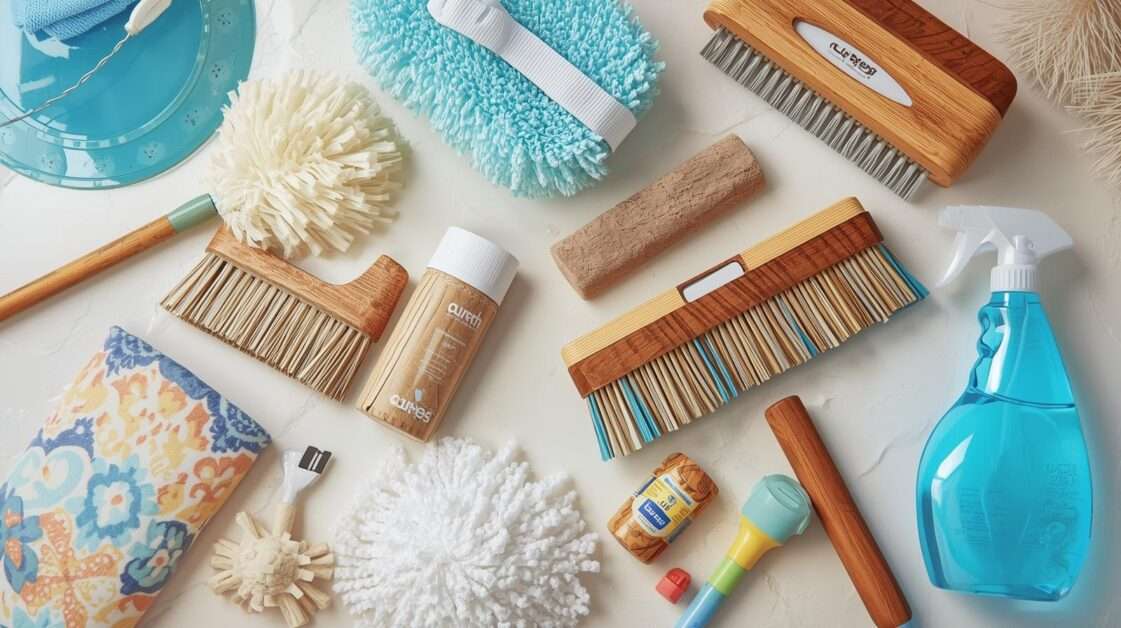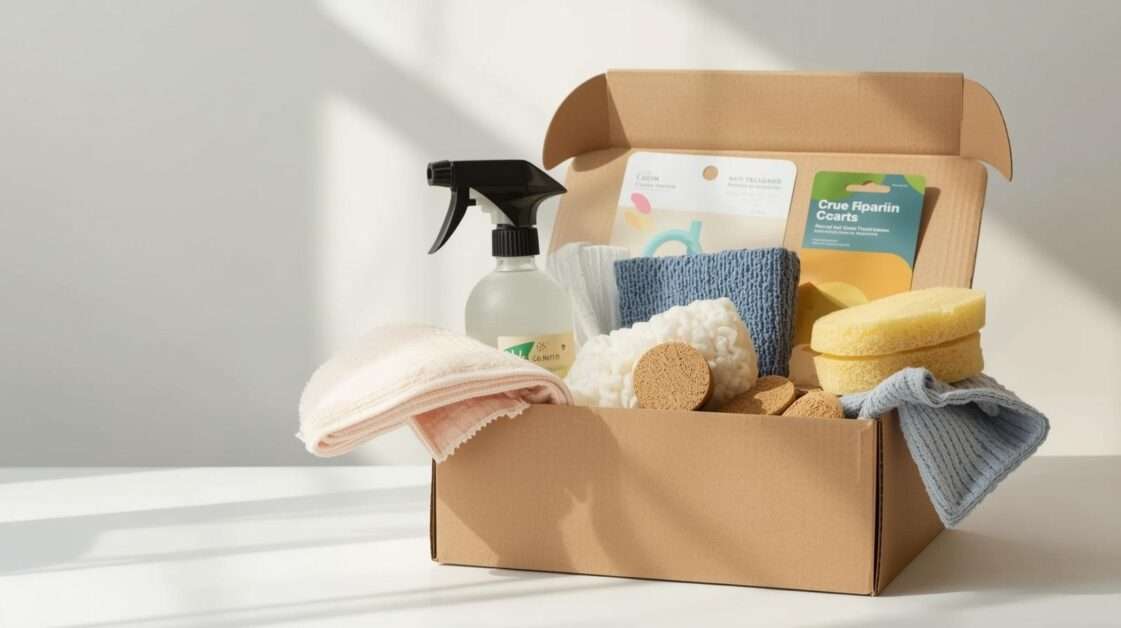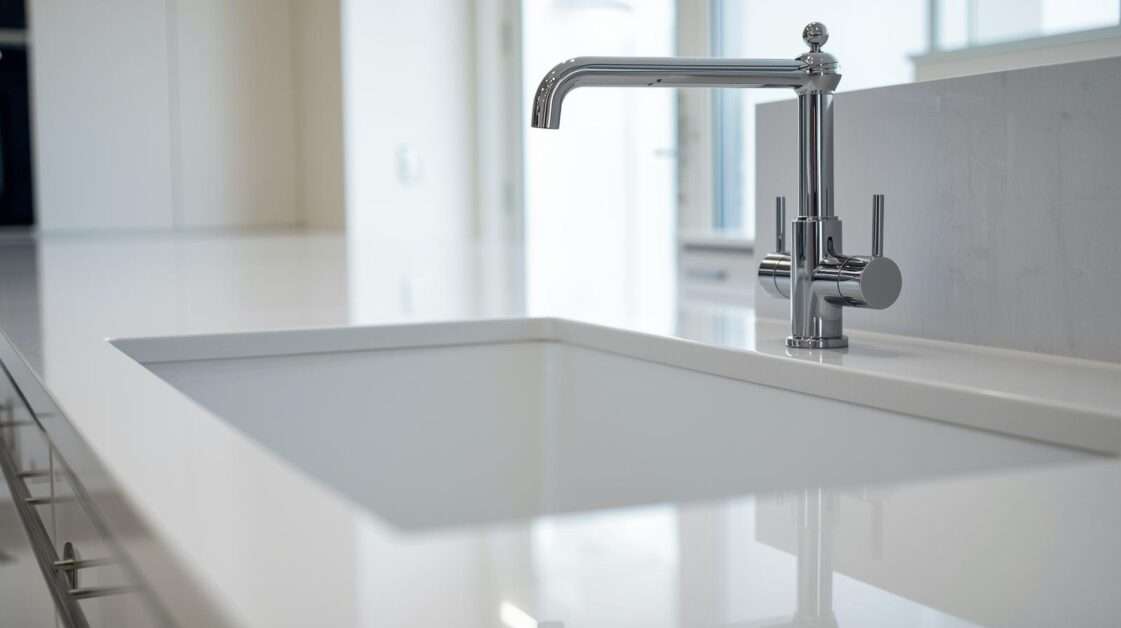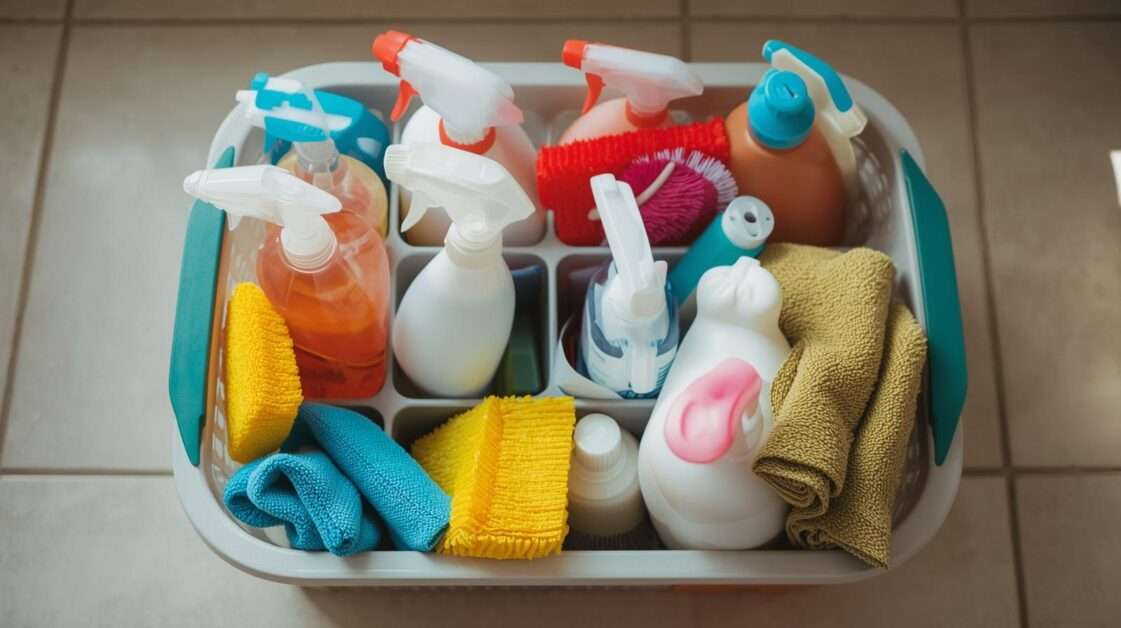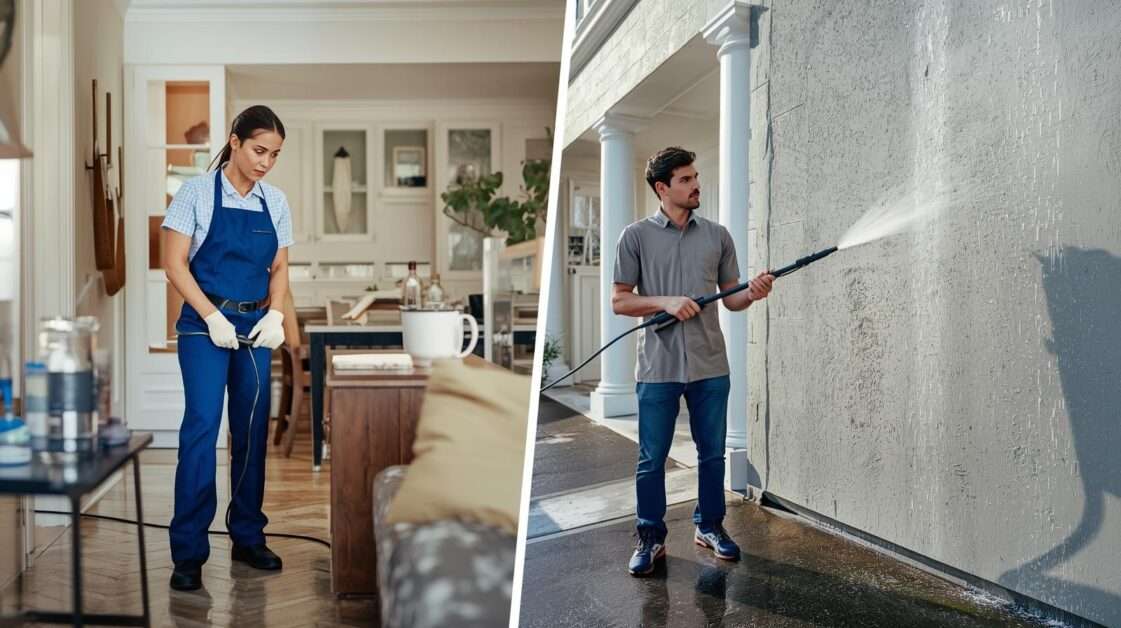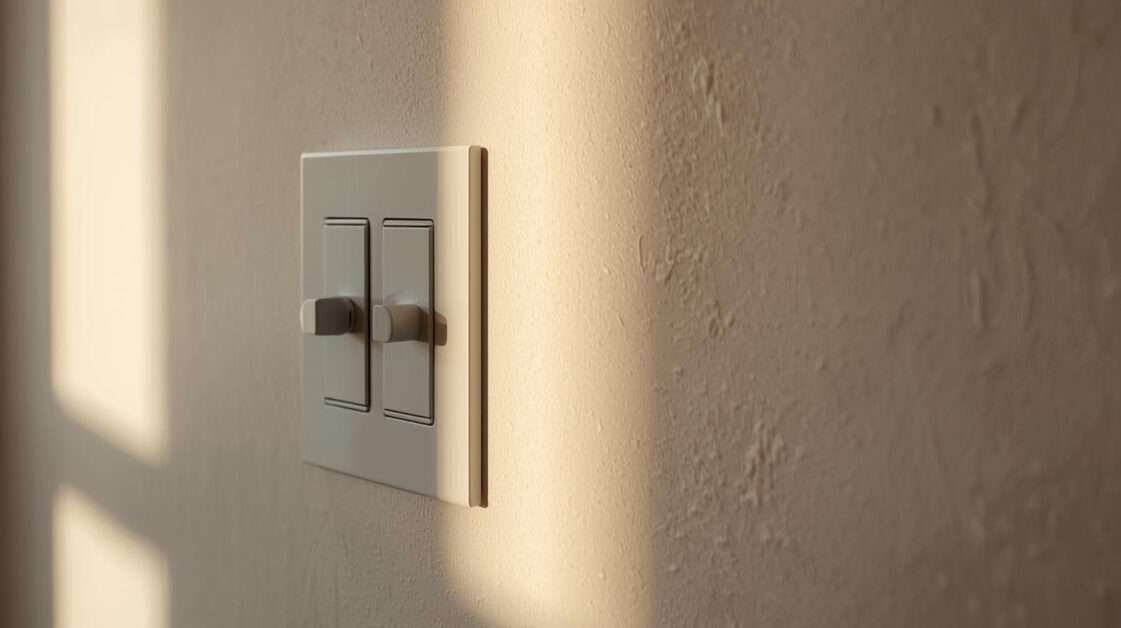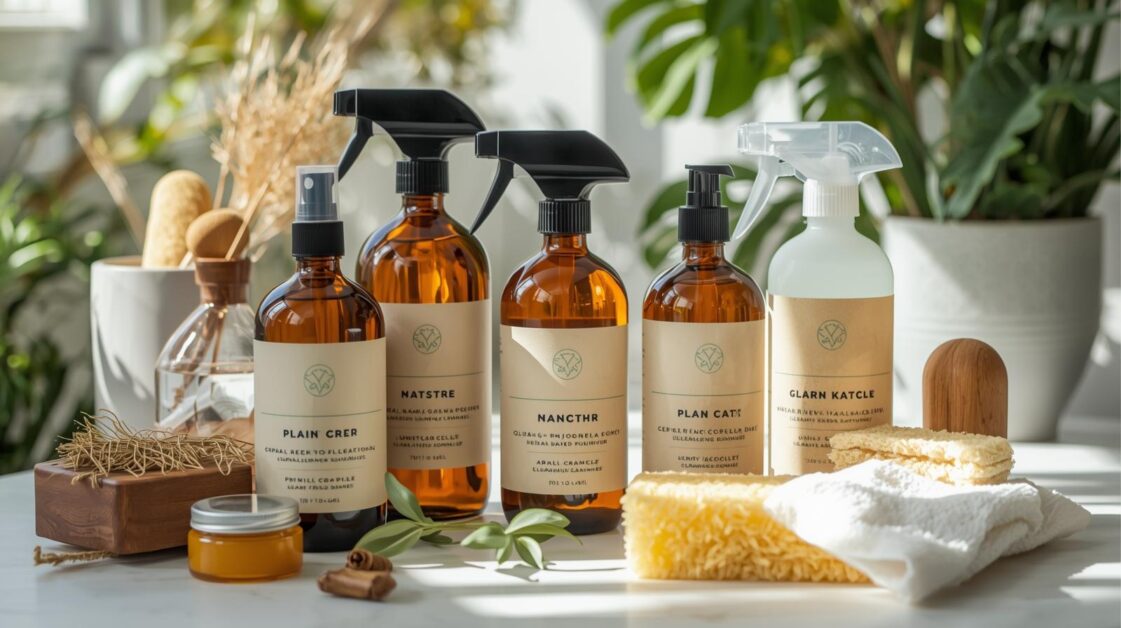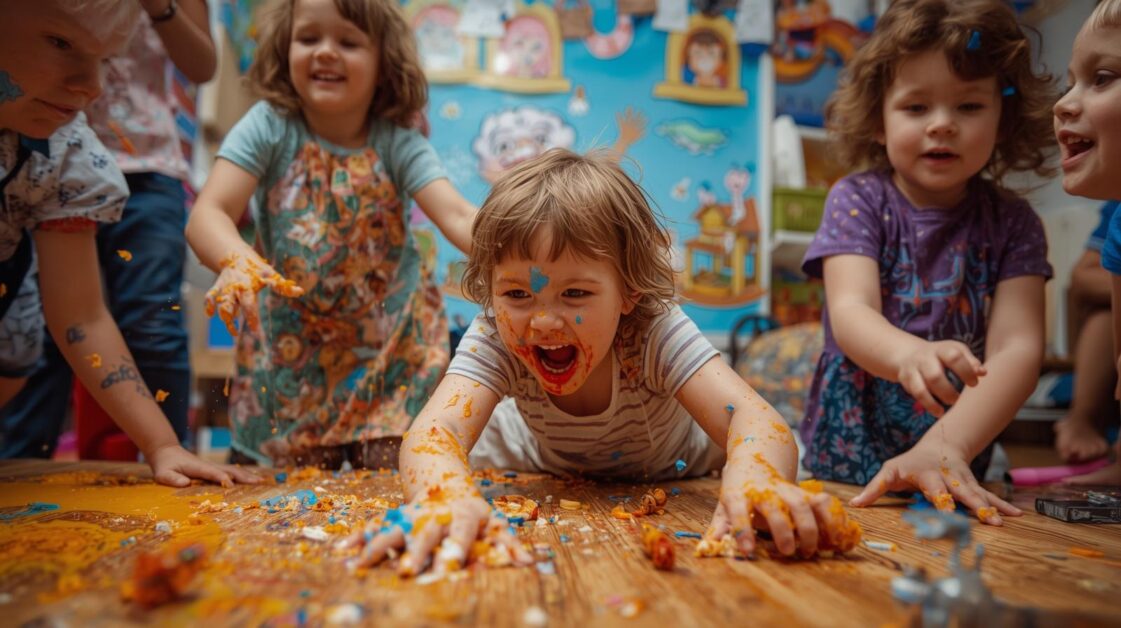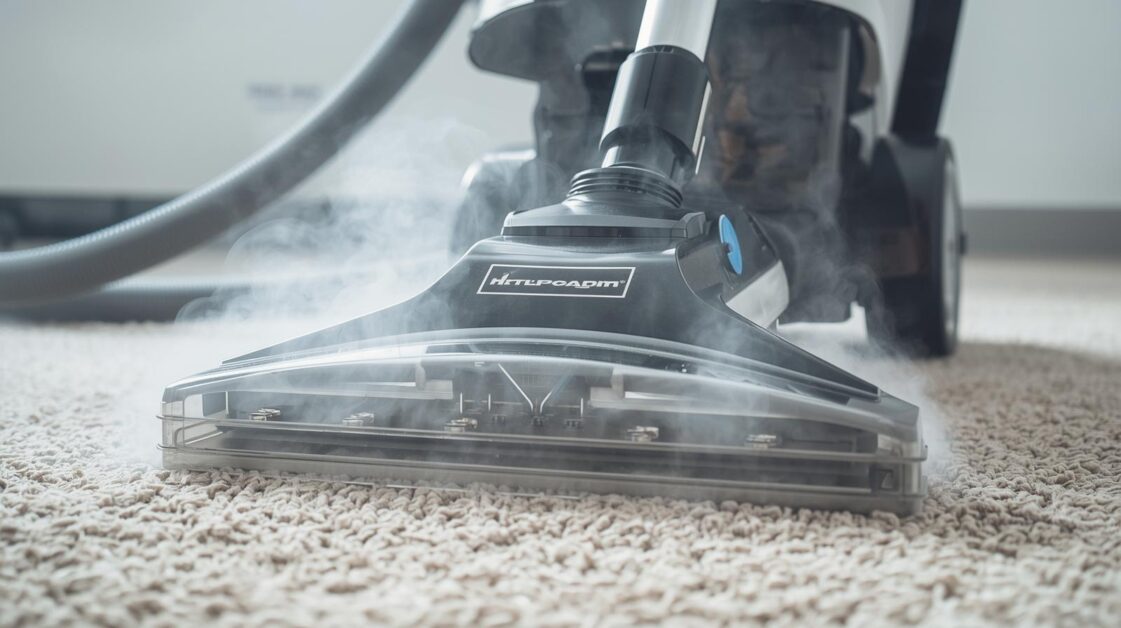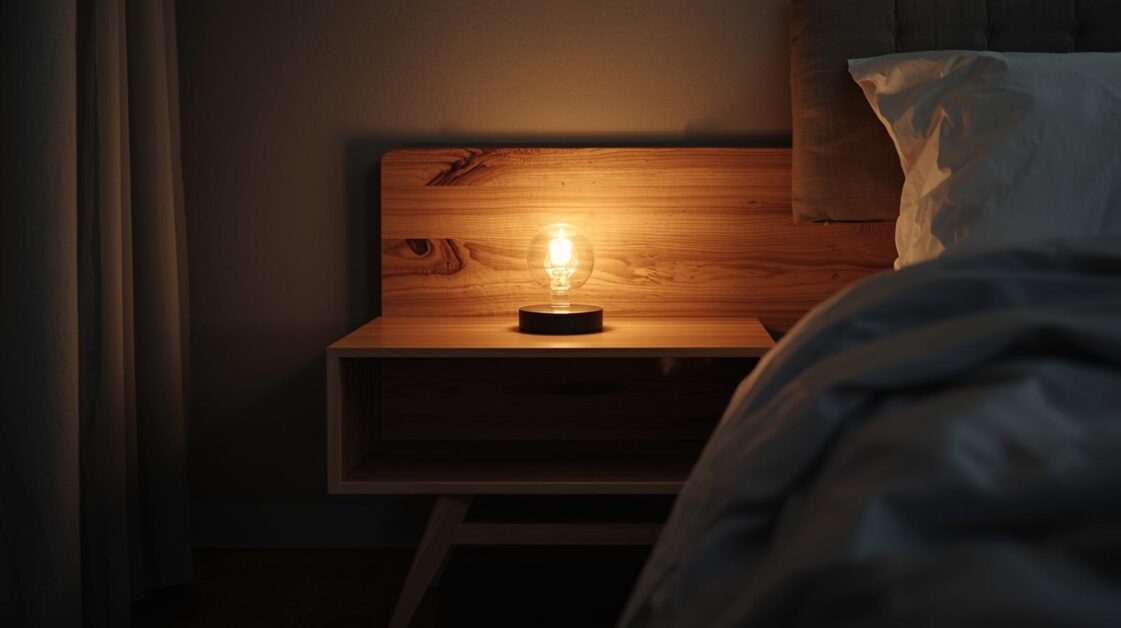Japanese New Year Cleaning Traditions: A Fresh Start for Homes in Gardena, CA

As the year draws to a close, households across Japan engage in a centuries-old tradition known as Osoji — a deep, intentional cleaning of the home in preparation for the New Year. This is not just about tidying up; it’s a symbolic act of purification, intended to sweep away the past year’s misfortunes and welcome good luck and positive energy into the home.
For residents of Gardena, a city with a strong Japanese-American presence, incorporating elements of this tradition can be a meaningful way to connect with cultural heritage, refresh your living space, and begin the new year with clarity and intention.
What Is Osoji?
Osoji (大掃除), which translates to “big cleaning,” typically takes place in late December, just before the Japanese New Year (Shogatsu). Families clean every corner of the home — from high ceilings to baseboards, behind appliances, under furniture, and even personal belongings like wallets or cell phones. The goal is to remove physical and spiritual clutter.
The ritual stems from the Shinto belief in purification and cleanliness, aligning the home with the values of renewal, respect, and gratitude. Cleanliness is not just a chore — it’s a sacred act that honors the home and its role in one’s life.
Why It Matters
In modern homes, especially in a diverse city like Gardena, this tradition can take on added significance. Whether or not you observe the Japanese New Year, a dedicated deep clean creates space — physically and mentally — to reflect on the past year and set the tone for the one ahead. It’s also a perfect time to declutter, donate unused items, and reimagine your living space.
How to Do a Modern Osoji at Home
You don’t need to follow every step of the traditional method, but you can incorporate core elements into your own year-end cleaning ritual:
1. Start with Intention
Before picking up a broom, take a moment to reflect. What do you want to leave behind from this year? What do you want to invite in? This mindset will guide the cleaning process beyond surface-level tidying.
2. Declutter First
Go room by room and set aside items you no longer use or need. Focus on closets, drawers, and entryways — places where clutter often accumulates unnoticed. Donating unused items is a great way to share abundance before the new year.
3. Deep Clean — Every Corner
Think of this as spring cleaning in winter. Scrub baseboards, dust light fixtures, wash windows, clean behind furniture and appliances, and vacuum under beds. Include overlooked areas like:
Air vents and filters
Refrigerator coils
Ceiling fan blades
Window tracks
4. Purify the Air and Energy
In Japan, it’s common to open windows — even in cold weather — to let fresh air circulate and energy flow. You can also light incense or use natural room sprays (eucalyptus, citrus, or sandalwood) to freshen the space.
5. Clean Personal Items
Wipe down your purse or wallet, clean your phone screen, and organize your calendar or notes. Starting the new year with clean tools helps set a tone of clarity and organization.
A Tradition for Families
Osoji is often a family affair. Everyone — from children to grandparents — contributes. For families in Gardena, this can be an opportunity to share stories, teach children about cultural roots, and work together toward a shared goal.
If you’re not able to do it all yourself or simply need help getting started, a professional house cleaning service in Gardena can take on the heavy lifting. Services like Marching Maids offer customizable deep cleaning options that mirror the goals of Osoji, helping you enter the New Year with a fresh slate.
When to Do It
Traditionally, Osoji is done between December 26–30, right before New Year’s Eve. However, the exact date isn’t as important as the intention behind it. Set aside a full day or weekend to really immerse yourself in the process.
Connect with Your Community
Gardena celebrates many Japanese cultural traditions year-round, and Osoji is a wonderful way to stay connected to those roots. Whether it’s by attending a local Japanese market, visiting a temple, or simply observing these traditions at home, participating in Osoji bridges the personal and the cultural.
Final Thoughts
A clean space invites a clear mind and positive energy. By honoring the tradition of Japanese New Year cleaning — whether through a full Osoji or a modified version — you’re not just tidying up, you’re preparing yourself and your household for a fresh beginning. And if you need support, consider turning to trusted local professionals who understand the value of intentional cleaning.
In Gardena, where community and culture are deeply interwoven, this annual ritual is more than a custom — it’s a meaningful way to welcome the year ahead with gratitude, peace, and purpose.
